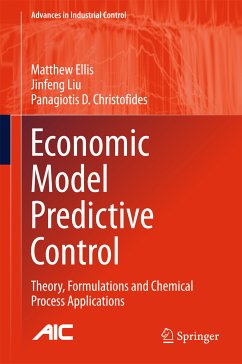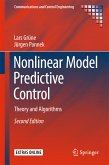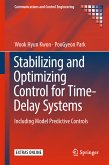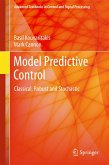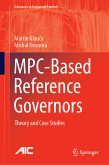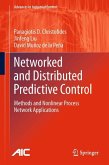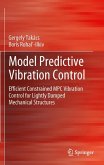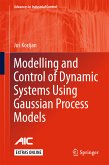- Lyapunov-based EMPC methods for nonlinear systems;
- two-tier EMPC architectures that are highly computationally efficient; and
- EMPC schemes handling explicitly uncertainty, time-varying cost functions, time-delays and multiple-time-scale dynamics.
The proposed methods employ a variety of tools ranging from nonlinear systems analysis, through Lyapunov-based control techniques to nonlinear dynamic optimization. The applicability and performance of the proposed methods are demonstrated through a number of chemical process examples.
The book presents state-of-the-art methodsfor the design of economic model predictive control systems for chemical processes.
In addition to being mathematically rigorous, these methods accommodate key practical issues, for example, direct optimization of process economics, time-varying economic cost functions and computational efficiency. Numerous comments and remarks providing fundamental understanding of the merging of process economics and feedback control into a single framework are included. A control engineer can easily tailor the many detailed examples of industrial relevance given within the text to a specific application.
The authors present a rich collection of new research topics and references to significant recent work makingEconomic Model Predictive Control an important source of information and inspiration for academics and graduate students researching the area and for process engineers interested in applying its ideas.
Dieser Download kann aus rechtlichen Gründen nur mit Rechnungsadresse in A, B, BG, CY, CZ, D, DK, EW, E, FIN, F, GR, HR, H, IRL, I, LT, L, LR, M, NL, PL, P, R, S, SLO, SK ausgeliefert werden.
"This book presents a comprehensive introduction to the topic of economic model predictive control (EMPC). ... Every chapter contains illustrations of the presented results though applications to chemical process control." (Dante Kalise, Mathematical Reviews, February, 2019)

